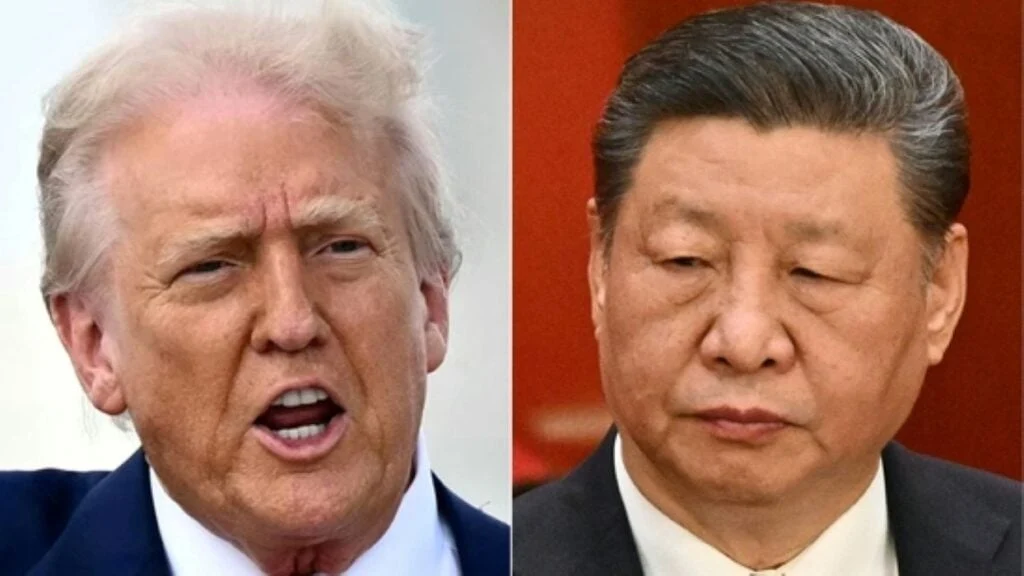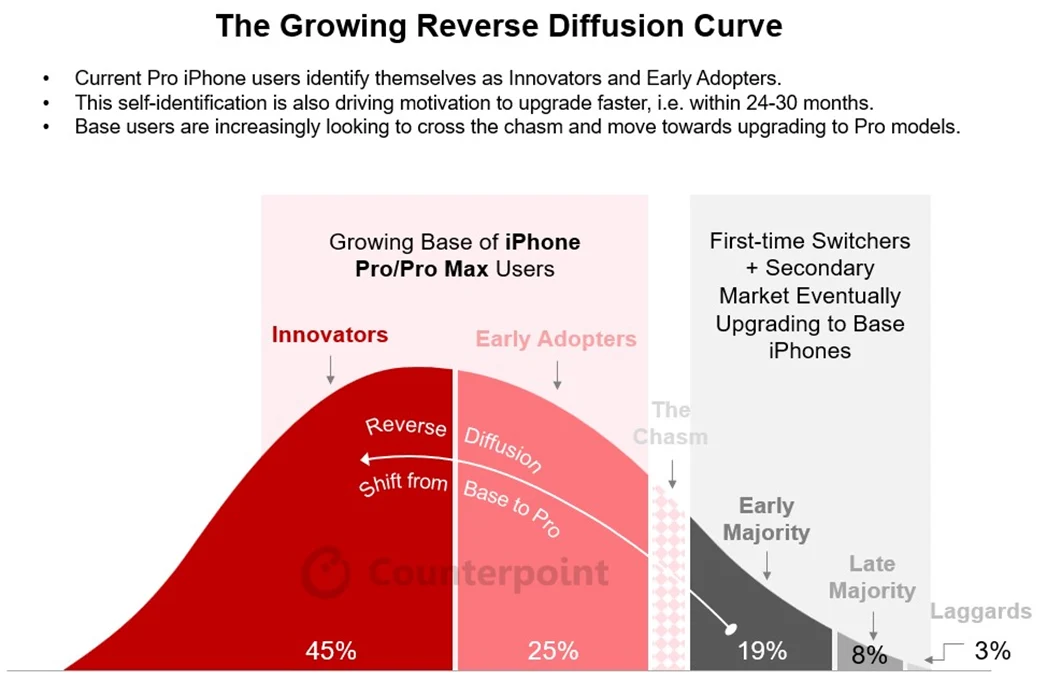Key Takeaways
1. Trump expressed concerns about Apple increasing iPhone production in India, preferring that devices for the US be made domestically.
2. He reinforced expectations for Apple to invest $500 billion in US operations, with assurances from Tim Cook for increased domestic production.
3. Trump highlighted the Mac Pro assembly in Texas as an example of Apple’s domestic production, though it is an extension of existing operations.
4. Experts warn that relocating iPhone production to the US could raise costs significantly, potentially increasing prices by 25% or more.
5. Following Trump’s comments, Apple’s stock saw a minor decline, and the company’s manufacturing strategies remain under scrutiny amid global trade tensions.
US President Donald Trump, during a state visit to Qatar, shared details of a recent discussion with Apple CEO Tim Cook. In this conversation, he expressed his worries about the company’s rising iPhone production in India. Trump mentioned, “I had a little problem with Tim Cook yesterday… I don’t want you building in India.” He indicated that while Apple could still produce iPhones for the Indian market in India, devices meant for the US should be manufactured domestically.
Trump’s Investment Expectations
Trump reinforced his desire for Apple to stick to its previous promise of investing $500 billion into US operations. He asserted that Cook assured him of an increase in production within the United States, although no specifics or timelines were disclosed.
Manufacturing Concerns
Previously, Donald Trump has shown apprehensions about Apple’s manufacturing in the US, especially beyond just iPhones. He pointed out the Mac Pro, which Apple assembles in Austin, Texas, as a significant example. In November 2019, Trump visited the facility with Tim Cook, commending the company’s efforts in domestic production. However, this was more of an extension of ongoing operations rather than a brand-new project.
Challenges of Relocation
Experts note that shifting iPhone production entirely to the US would be a tough task due to Apple’s well-established supply chains in Asia. Moving manufacturing operations could lead to a steep increase in production costs because of higher labor expenses and an underdeveloped electronics manufacturing environment. Analysts predict this shift could raise iPhone prices by 25% or even more.
After Trump’s comments, Apple’s stock experienced a minor decline, closing at $211.46 in the latest trading session.
Praise for Leadership
Trump has previously complimented Cook’s leadership, stating in 2024, “If Tim Cook didn’t run Apple, and Steve Jobs did, it wouldn’t be nearly as successful.” He also reminisced about Cook reaching out to him directly in 2019 concerning tariff matters, contrasting that with the actions of typical lobbyists.
As global trade tensions persist, Apple’s manufacturing strategies are closely monitored by investors and policymakers alike.
Source:
Link












